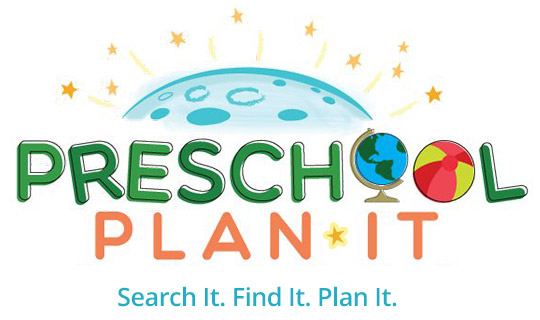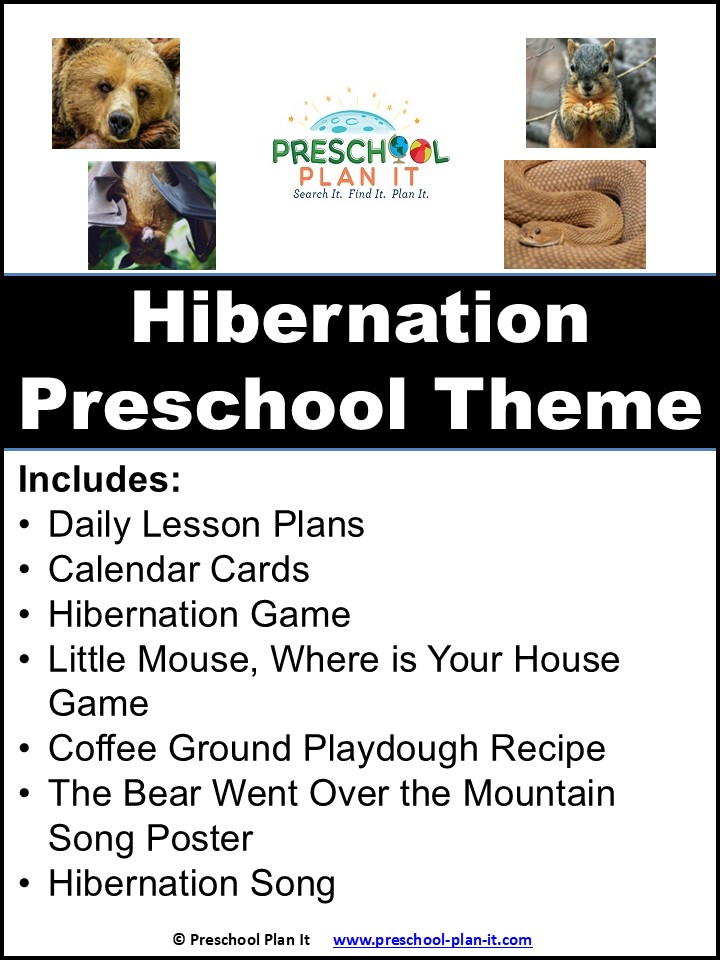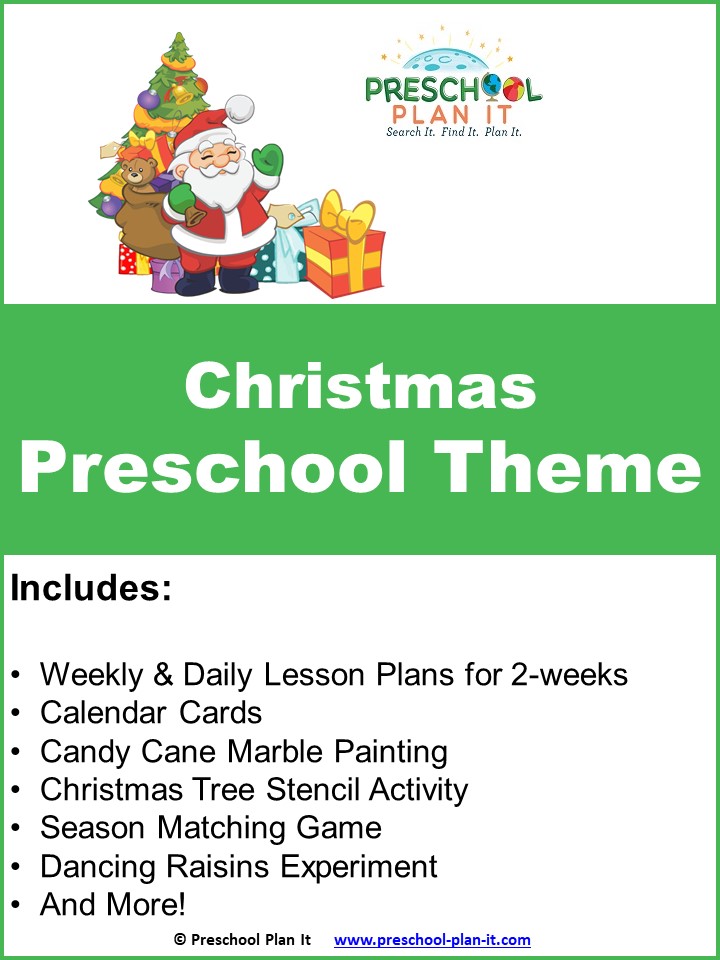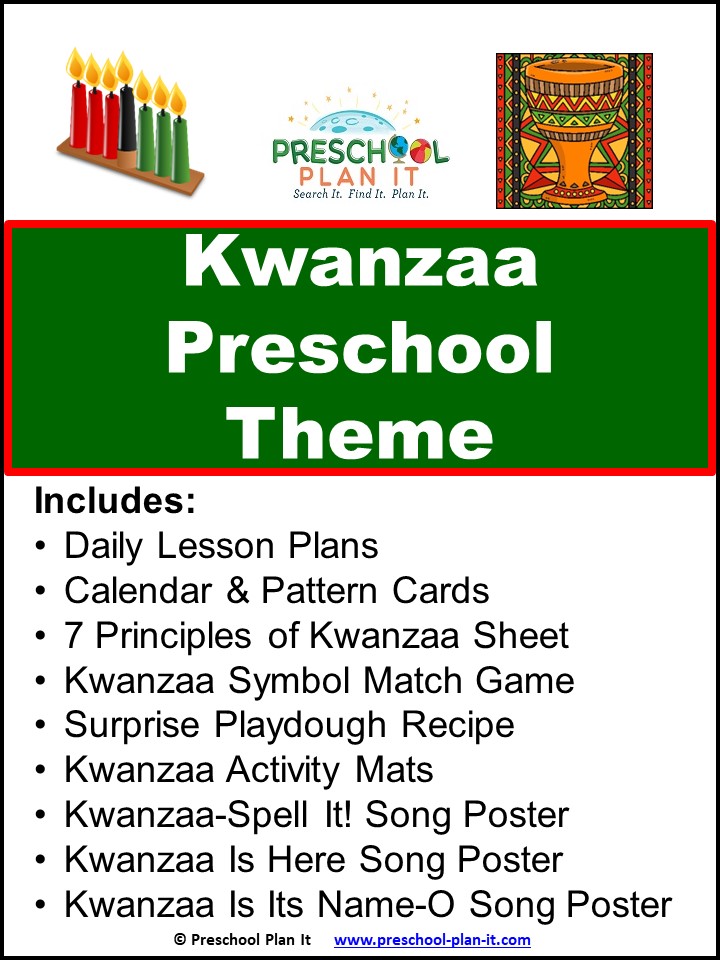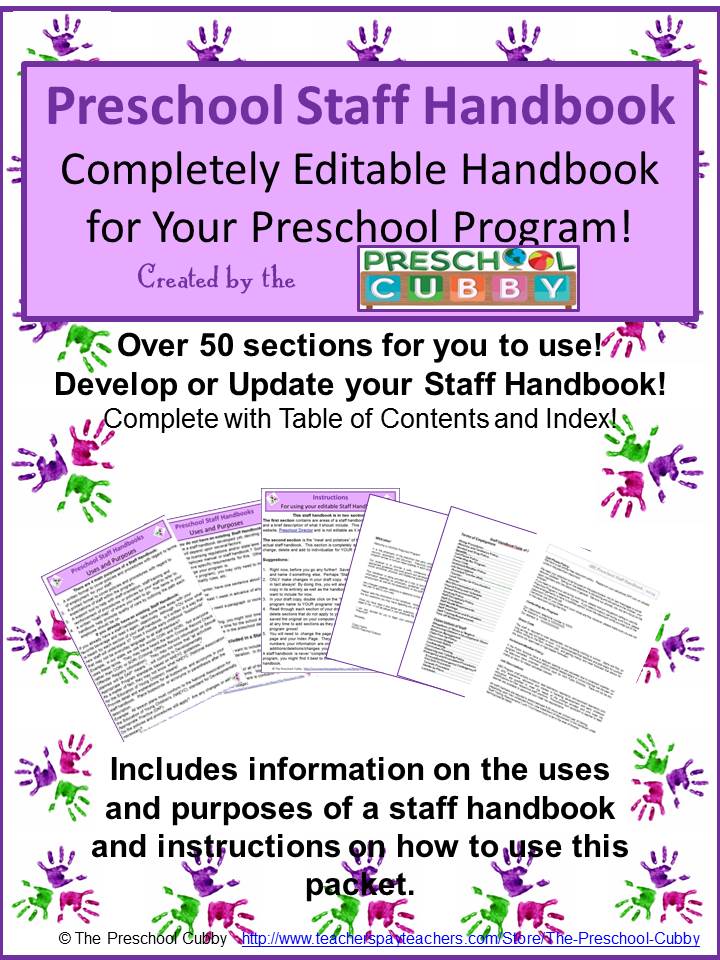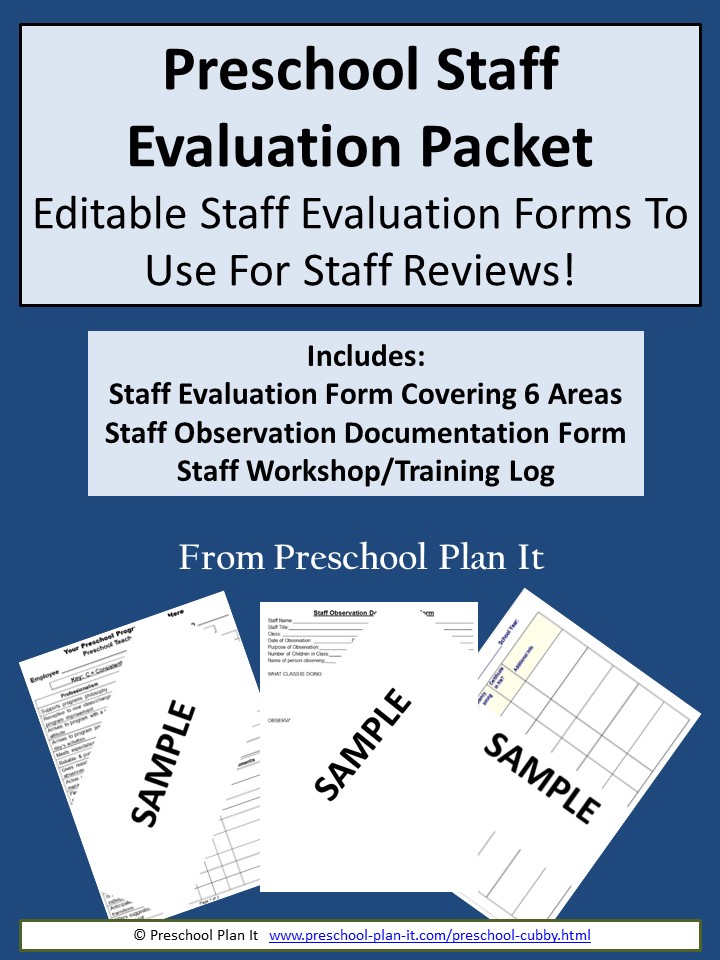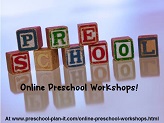- Theme Packs
- Themes
-
Preschool Planning
- Preschool Teachers

Speech Therapy or Language Therapy in Preschool
Asking if a child needs speech therapy is a question we as preschool teachers are called upon to answer.
We need to be very careful before responding.
It seems there are more and more children in speech or language therapy before kindergarten each year. Parents are hyper-sensitive to how "well" their children speak in comparison to other children.
As teachers, we need to remind them that, as with other areas of development, each child progresses in their speech and language at different rates. For example:
- Reversing consonants: It is very common to say “Otay” instead of “Okay” or “tefelone” instead of “telephone” in the preschool years.
- Improper verb tense: Many three year old children will say “Him goed to beach”. It may progress to “Him go to beach” or “He goed to the beach”.
- Correct use of pronouns: Learning the correct use of personal and proper nouns is part of the learning curve for preschoolers. It is part of their preschool speech and language growth and development.
It is when a pattern of usage that is out of the developmental norm can be seen in their speech or language that a red flag should be raised by teachers to decide if referral for speech therapy or language therapy assessment is necessary.
As teachers, we are called on by parents to answer some questions that are not easily answered. When asked if we think their child has a speech or language problem and if we think they need speech therapy, we need to be very careful about how we answer.
If we answer yes, we have just labeled that child and the parent assumes we are correct because we are, after all, the expert when it comes to children. The parent will now expect a specialist to begin speech therapy.
Now, don’t lose it over my next statement, it is blunt but true:
We need to remember that we are NOT the experts in speech and language (unless, of course, you have a Masters degree in speech and language pathology!).
We should NOT be telling parents that we feel their child has a speech problem or a language problem. Once we say that to a parent, their child has been “diagnosed by an expert”.
Speech Therapy in Preschool: Defining "Disorder"
A speech disorder refers to a problem with the production of sounds.
A language disorder refers to having difficulty either understanding sounds/words or having difficulty putting words together to communicate thoughts or ideas.
The child’s issue, many times, may not be a speech or language disorder. A child may have one of many number of other things going on that are affecting them and the issues, in which case, the "problem" you see in their speech and language may actually be a symptom of this other issue. Some examples:
- A child with speech issues may have a hearing or inner ear problem that has not been detected yet.
- The child with language issues may have sensory/sensory integration issues.
- The child with language issues may simply speak a different language at home and their “problem” is learning of a new language.
As preschool teachers, we have training and experience that lets us know when children do not appear to be developing within the typical stages.
Our role is to know what the developmental norms are for speech and language acquisition (as well as other areas of growth and development ) for the ages of children that we care for.
9 Tips for Teachers Regarding the Potential Need for Speech Therapy
The best and most appropriate steps we can take to be sure that we handle developmental concerns in a professional manner and within limits of are training are:
- Stay current in growth and development training and knowledge. New information, studies and research come out often--be aware of them as part of your professional development.
- Contact a local speech/language pathologist. Call your local college or search Google for a local Speech & Language Pathologist. Call to set up a basic training on what to look for as far as developmental norms and red flags.
- Observe and record…..OFTEN! Part of our day should be spent recording observations of children in our programs. If you or a parent are concerned about a child’s speech or language development, record conversations. Write down EXACTLY what the child says. Do this over a period of time and then review your results. Are there common patterns (for example of sound replacements- the child replaces the “ch” sound with a “t” sound).
- Review Your observations. Once you have reviewed your observations, look at the developmental expectations of that age. Is what you are observing common for this age group?
- When in doubt-ask an expert in the field. We are experts in typical child growth and development. Once you have determined that a speech or language pattern with a child seems to be outside the norm, ask an expert for their opinion on whether or not to refer this family for a professional evaluation.
- Do NOT present yourself as a Speech Therapy expert to parents. When speaking with parents about concerns regarding their child’s development, do not present yourself as an expert in that field (again, we are not speech therapist, occupational therapists, etc.).
- Share YOUR expertise with parents. Remind parents that all children grow and develop at different rates and there can be a six to eight month window for each age group. Qualify your concern by letting them know what you, as a trained professional in child growth and development, would expect to see children of this age doing with regard to your area of concern.
- Recommend a referral to parents. Let the parents know that based on your training and experience, you feel it would be a good idea for them to get an opinion from their child’s doctor or a specialist with regard to ________(fill in the blank: speech, motor control, etc.).
- Offer a professionally prepared summary. Offer parents a written summary of your observations. I don't mean a crude copy of your observation notes from each day, but a typed summary of what you have observed such as “replaces “ch” sound with “t” sound consistently” ).
Return to the Special Needs Main page for more articles!
Go to Preschool Plan It's Home Page


Hey there! Welcome to Preschool Plan It! I’m Cheryl, a preschool teacher of over 20 years.
I KNOW, I know, you spend hours of time developing your preschool themes, activities and preschool lesson plans each week. You are commited to planning preschool themes and activities that are engaging hands-on, interactive, fun AND meet the goal of supporting each child’s level of growth and development.
I am commited to providing you, the preschool teacher, with everything you need to develop preschool lesson plans and preschool activities for your classroom all in one place!
READ MORE
Join My Free Preschool Teacher Tips Newsletter
You’ll receive a weekly email with planning tips and teaching ideas.
You'll also receive (on the 1st of each month) a free theme starter pack with some printables and activity ideas to get you started planning a theme!Join Now and Get Your First Theme Right Away!
© Copyright 2010-2025 Preschool-Plan-It.com | All Rights Reserved | Privacy Policy & Disclaimer
- Preschool Teachers
